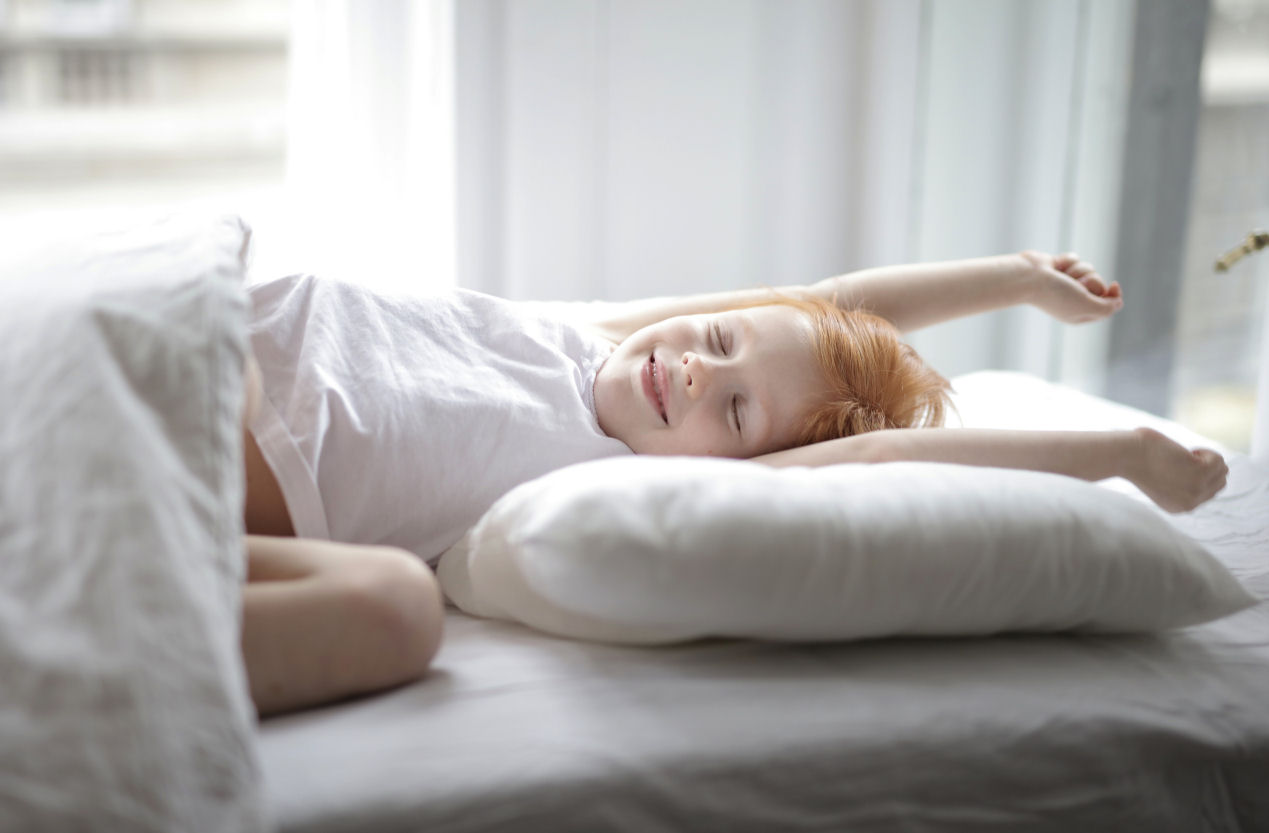I believe everyone knows that going to bed and waking up early is good for your health. However, it’s easier said than done. Even when you know you should go to bed at night, you just can’t seem to fall asleep. Then it’s difficult to get up the next morning. Even if you finally get up, you will feel as if you haven’t woken up. So you drink coffee non-stop until your hands tremble. Finally, to fall asleep, you end up taking sleeping pills at night. How can you get out of this vicious cycle?
There is a method. Purely natural and cost-free. It is to make good use of light.
Have you ever thought about how the human brain knows to sleep at night and to prepare energy for work during the day? There is a clock inside your head. Adjusting this clock well depends on the light exposure of the retinas in your eyes. Often the reason why we don’t feel sleepy late at night is due to too much exposure to artificial light, such as the blue light emitted by mobile phones or tablets. These blue lights will greatly inhibit the release of melatonin in the brain. And melatonin is what puts the brain to sleep.
Two hours before bedtime and one hour after waking up, the clock in your brain is particularly sensitive to light. Therefore, if you want to develop good sleeping habits, you should avoid exposure to bright screens two hours before going to bed. Bask in more daylight when you wake up, especially within an hour of waking up. Therefore, even if we cannot exercise at the park after getting up, we should try to be outdoors as much as possible to expose our eyes to more daylight. One possible way is to shift your transport route by one stop. Give yourself more time to walk outside. Then you can be exposed to more sunlight during the golden period of adjusting your biological clock.
Some studies have found that exposure to more sunlight can make people fall asleep earlier at night, improve sleep quality, lead to deeper sleep, and make people more energetic during the day. Exposing your eyes to sunlight in the morning can also help improve your mood because sunlight helps the transmission of serotonin in the brain, which is the brain chemical that regulates mood. So more sunlight means a better mood.
Many people still have to work when they get off work. It is impossible to completely cease exposure to artificial light before bed. Even so, there is a solution. Choose the light that has a lesser impact on sleep. Blue light is the most harmful to sleep, while yellow and orange light have less impact on the biological clock. Therefore, if you really need to turn on the lights to work at night, you should choose a dimmer yellow or orange light.
I hope that from now on, everyone can be wise when adjusting the amount and type of light exposed to the eyes, no matter if it is day or night. Try to follow the day-night rhythm set by nature. This way, you will have a good sleep at night and get the early worm.
Written by: Dr. William Chui
Originally posted on: Mental Health Foundation FB page
Translated by: Cheuk Long Chan






